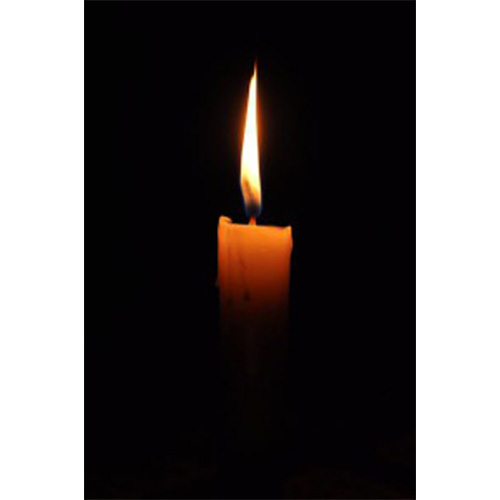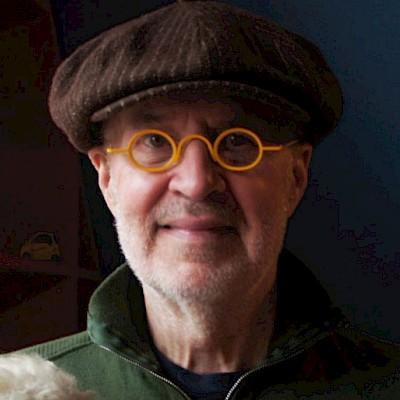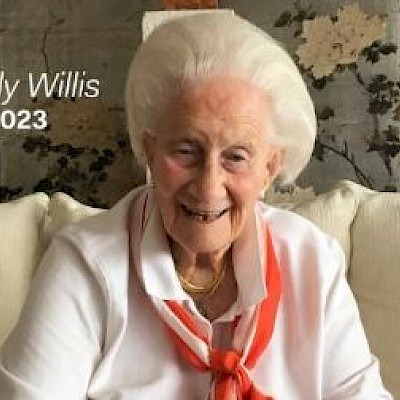
Edward Kresge
Award-Winning Research Chemist at Exxon & National Authority on Polymers, Loving Family Man & Civic Leader in Watchung, Edward "Ed" N. Kresge of Solebury, PA, passed away in the afternoon of October 30, 2023, in Lawrenceville, NJ, after a long struggle with Parkinson's.
Ed was visited and comforted by his family and the staff of The Meadows at Lawrence until his passing. He was 88 years old. The youngest son of Ira and Hilda (Dendler) Kresge, Ed was born in Noxen, PA, on August 14, 1935.
Ed had a fun and exciting childhood on a small farm where he enjoyed the outdoors and picked up the remarkable mechanical abilities that would be evident throughout his future scientific career as well as his hobbies. Ed's parents were loving and intelligent and encouraged him to do well in school. The family moved to Florida in 1952, where Ed finished high school and then graduated from the University of Tampa in 1957. Upon receiving his Ph.D. in chemistry from the University of Florida in 1961, he began an illustrious 32-year career at Exxon. He met his wife of 61 years, Dolores DeYoung, at an Exxon get-acquainted party.
Ed loved scientific research and specialized in polymer chemistry. A pioneer in the development of a variety of elastomers, his work led to several major innovations in the rubber industry, including viscosity modifiers for motor oil. Major improvements in tires and automotive equipment also resulted from the work of Ed and his research team. Ed's accomplishments were acknowledged through numerous awards, including the American Chemical Society (ACS) Charles Goodyear Medal and the ACS Detroit Division Midgeley Award. Holder of more than 50 patents and author of many papers and book chapters, his work is still frequently cited.
Active in science education, Ed served on advisory boards at the Massachusetts Institute of Technology, the University of Connecticut, and the University of Florida. Ed bridged his industrial and academic interests by serving 12 years with the ACS Committee on Professional Training. He lectured extensively at scientific meetings and led courses on elastomer technology and the fundamentals of polymer science in the US, Europe, Asia, the Middle East, and South America.
After retiring from Exxon in 1993, he continued as a consultant for Exxon and an interesting variety of other companies and governments for 22 more years.
Ed and Dolores built a house in Watchung, NJ, and lived there for 39 years. Ed loved to spend time with his wife, children, and extended family. Ed was happiest building and fixing things, whether at work, at home or at the family vacation house in Herrick Center, PA. Ed traveled extensively in the US and visited every inhabited continent.
While in Watchung, Ed served on the Board of Education and community committees. A long-term member of Wilson Memorial Church in Watchung, Ed was on the Church Board and served as President. He joined his wife in a variety of projects for the Girl Scouts and the United Way. In 2006, the couple renovated a Greek Revival farmhouse in Neshanic Station, NJ, and appreciated country living and gardening before their move to Solebury.
Ed was preceded in death by his parents, his sister, Mary, and his brother, Ira.
Ed is survived by his wife, Dolores, and his children, John E. Kresge and Susan E. Kresge.
The family would like to thank the loving staff of The Meadows at Lawrence for their care of Ed over the last 18 months.
•
Remembering Edward Kresge
Use the form below to make your memorial contribution. PRO will send a handwritten card to the family with your tribute or message included. The information you provide enables us to apply your remembrance gift exactly as you wish.









